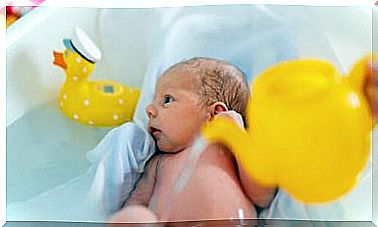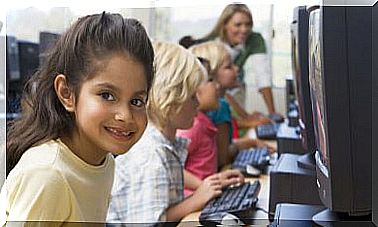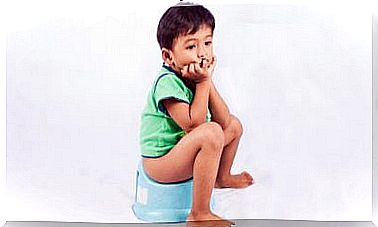Educate By Playing
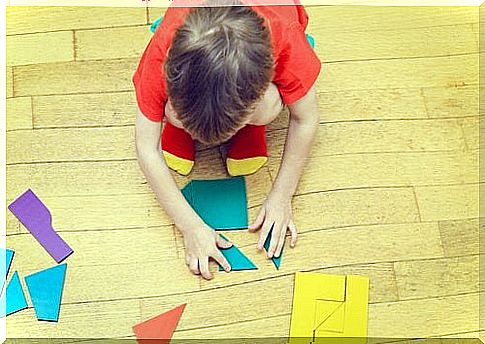
The usefulness of educating while playing has gained special relevance in recent times, given the benefits attributed to playful activities in the educational field. Playing is not just a way to have fun; it also allows you to develop fundamental skills for the rest of an individual’s life.
Playing is an activity that is often underestimated by society. Parents often think that their children are “wasting time” when they are playing outside with their friends. There is nothing further from reality than this idea.
Benefits of playing for kids
It has been proven that recreational activities are very important for the formation of children’s personality, values and skills. Therefore, spending a few hours a day playing will bring them the following benefits:
- It encourages teamwork and encourages social relationships: playing requires interactions with others. Also, many team play requires strategizing and collaborating for a common purpose.
- Allows physical development: through games, especially those outdoors, children improve their physical capacity, skills and motor coordination, among many other skills.
- Improves self – esteem: feeling included and valued as a participant in a game makes children have better self-esteem.
- Allows learning: many games require logical exercises to reach the desired solutions. Even sports help children understand methods, physical laws and how the human body works, among other things.
- It releases tension: although it seems contradictory, this decompression of demands allows the child to perform better in school. This happens regardless of how long you stop studying to be able to play; a clear sign that sometimes less is more.
- Exercise discipline: every game requires its participants to follow the rules.
How to educate playing?
Another benefit of using games as a teaching method is that this allows the child to collaborate. Instead of the vertical transmission of knowledge, that is, from a superior person to the student, it takes place dynamically and in a relaxed environment.
In this context, children will be more predisposed. Therefore, they will be more open, applying creativity more effectively and without feeling pressured to obtain results, in addition to the satisfaction of winning or being able to accomplish the task.
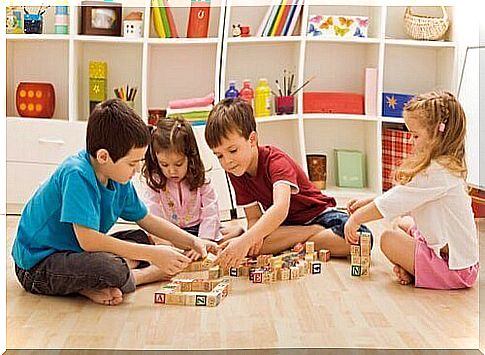
At home, playing can help establish positive behaviors in children. For example, you can do an “inspection” as if you were a detective, to see if you have brushed your teeth properly or have tidied your room correctly. Logically, the achievements must have some reward to motivate the continuity of this methodology.
Educating while playing can also help you, among many other things, to make the child take a bath daily, to get ready quickly and without fights to go to school or to respect the space of their siblings. The key is to find the “competitive” side – against themselves, not against others – or fun with every request you make.
types of games
If you agree with the idea of educating playing, you can choose between these types of games to practice with your children.
concentration games
This type of activity tests children’s listening skills. In addition, it requires the use of your cognitive skills, such as reasoning and concentration.
Additionally, with games like these, children will also work on their physical skills and their imagination. Without a doubt, excellent ways to exercise very important skills.
indoor games
If the weather prevents you from going out to play, there are also some activities to play at home or in the classroom. Indoor games , such as concentration games , increase the need to sharpen the senses and put the mind to work.
Also, many of them are played collectively, so they are ideal for promoting values such as teamwork. If the child has siblings, spending a rainy afternoon playing will strengthen the bond between them.
Games for Physical Education
As its name and the discipline itself indicate, these games seek to improve and develop children’s motor skills. However, this does not mean that they are not excellent ways to strengthen the unity among colleagues, as well as to improve the ability to create strategies.
On the other hand, they are also ideal for motivating children to overcome their own limits and overcome fear. Although it is often left out of the curriculum, physical education is equally important for the integral development of children. Its benefits, researchers say, go far beyond the mere satisfaction of the pleasure instinct.

dramatizations
Though they may seem a little trite at first glance, role plays are very important in childhood. They represent the first – fictional – instance in which children face the real world and occupy a position in it.
This, as a consequence, makes them assume certain “responsibilities” and establish relationships of different kinds with others. Whether as a doctor or a patient, as a student or as a teacher, children prepare for the place they would like to take on as adults.
Ultimately, these games are also fundamental to the development of language and imagination. Even when they play at being pirates, which they certainly won’t be when they grow up, it will help them improve in these respects.
Finally, it can be concluded that the advantages of educating oneself playing are many and cannot be ignored. In light of events, underestimating the importance of play is almost nonsense ; children can and should have leisure time.


